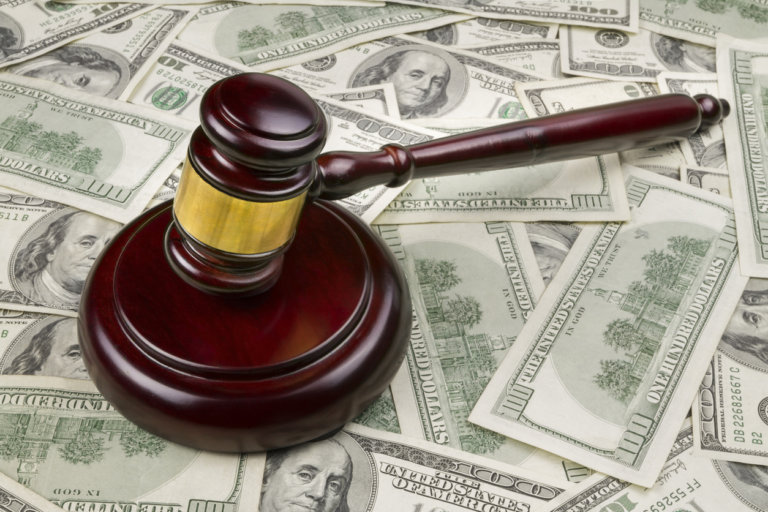You have probably heard of the word “racketeering” but may not know what it means. Racketeering can best be defined under the Racketeer Influenced and Corrupt Organizations (RICO) Act. RICO, which was established in 1970, includes several federal crimes.
What Crimes Are Considered Racketeering?
Crimes under RICO that are considered racketeering include:
- Money laundering
- Murder for hire
- Fraud
- Bribery
- Gambling crimes
- Import or sale of illegal drugs
- Prostitution or sex trafficking rings
- Illegal weapon trafficking
- Counterfeiting
- Other financial or economic crimes
Generally, these crimes all center on a business, though it can take various forms. Racketeering crimes can affect CEOs, employees, and shareholders.
Examples of Racketeering
Examples of racketeering can include forcing individuals to pay for protection, kidnapping for ransom, or buying stolen goods and selling them to others for a profit.
It’s also possible for a business to be the subject of a protection racketeering scheme. Racketeering may also occur online through malware and a demand for money if the victim wants their issue to be fixed. While RICO was once thought of as an organized crime, there is now much more to it.
When Can a Person be Prosecuted for Racketeering?
Under RICO someone does not need to perform an illegal act him or herself to be charged with racketeering. Someone can be charged with racketeering if he or she:
- Owns or operates a business involving racketeering
- Is associated with a business involved in racketeering
- Continuously performs illegal activities associated with racketeering (this could also include an organization that does so)
Racketeering, or conspiring to commit racketeering, are first-degree felonies that can result in a heft prison sentence and significant fines.
Racketeering is a complex crime that can have a big impact on those involved – and those victimized. If you are facing state or federal charges for racketeering, it’s important that you prepare for the best way to defend yourself. That’s why it’s in your best interest to consult with a knowledgeable and experienced criminal defense attorney. Only once you understand your options can you make informed decisions when it comes to your defense.
The Suffolk County Criminal Defense Attorneys at Macedonio & Duncan, LLP Can Help
If you or a loved one has been charged with racketeering or another crime it can be a very scary time. You may have no idea how to defend yourself and the possibility of a conviction can be overwhelming.
The Suffolk County criminal defense attorneys at Macedonio & Duncan, LLP can help you to explain your options and figure out the best defense for you. We understand the potential impact associated with a racketeering conviction and want to help you fight against these charges by gathering the necessary evidence to build a strong case in your defense. To learn more or to schedule a confidential consultation, contact us today!
